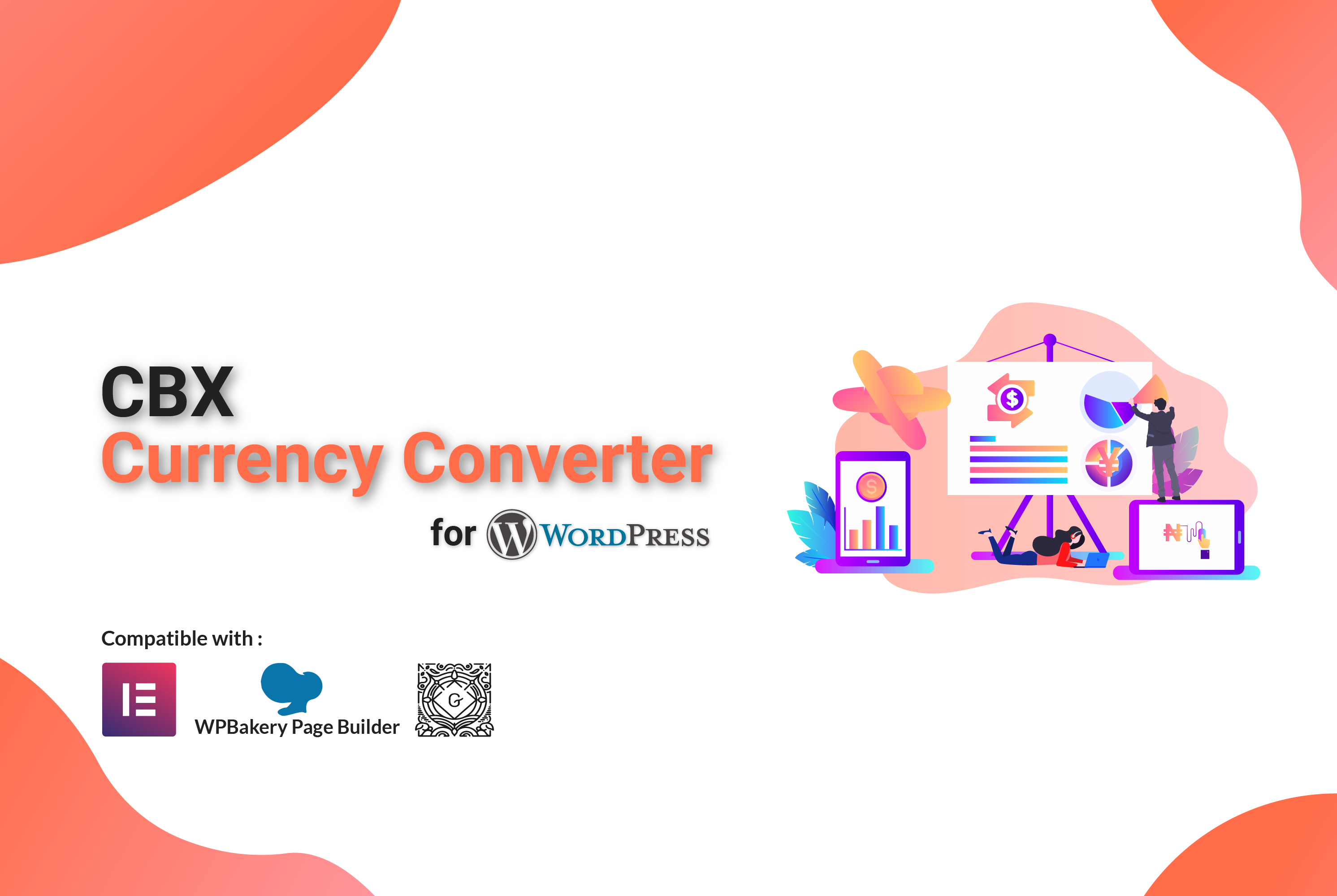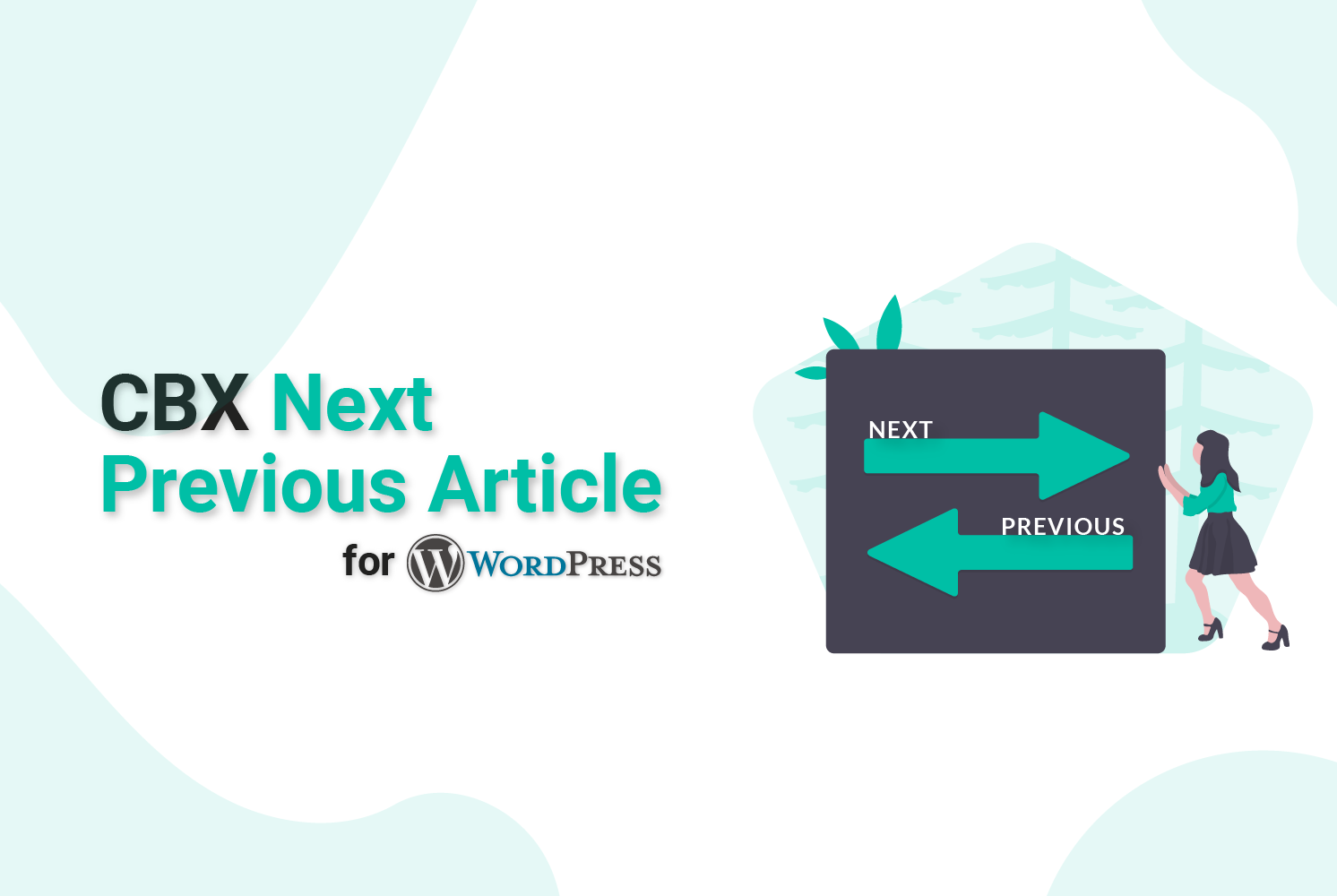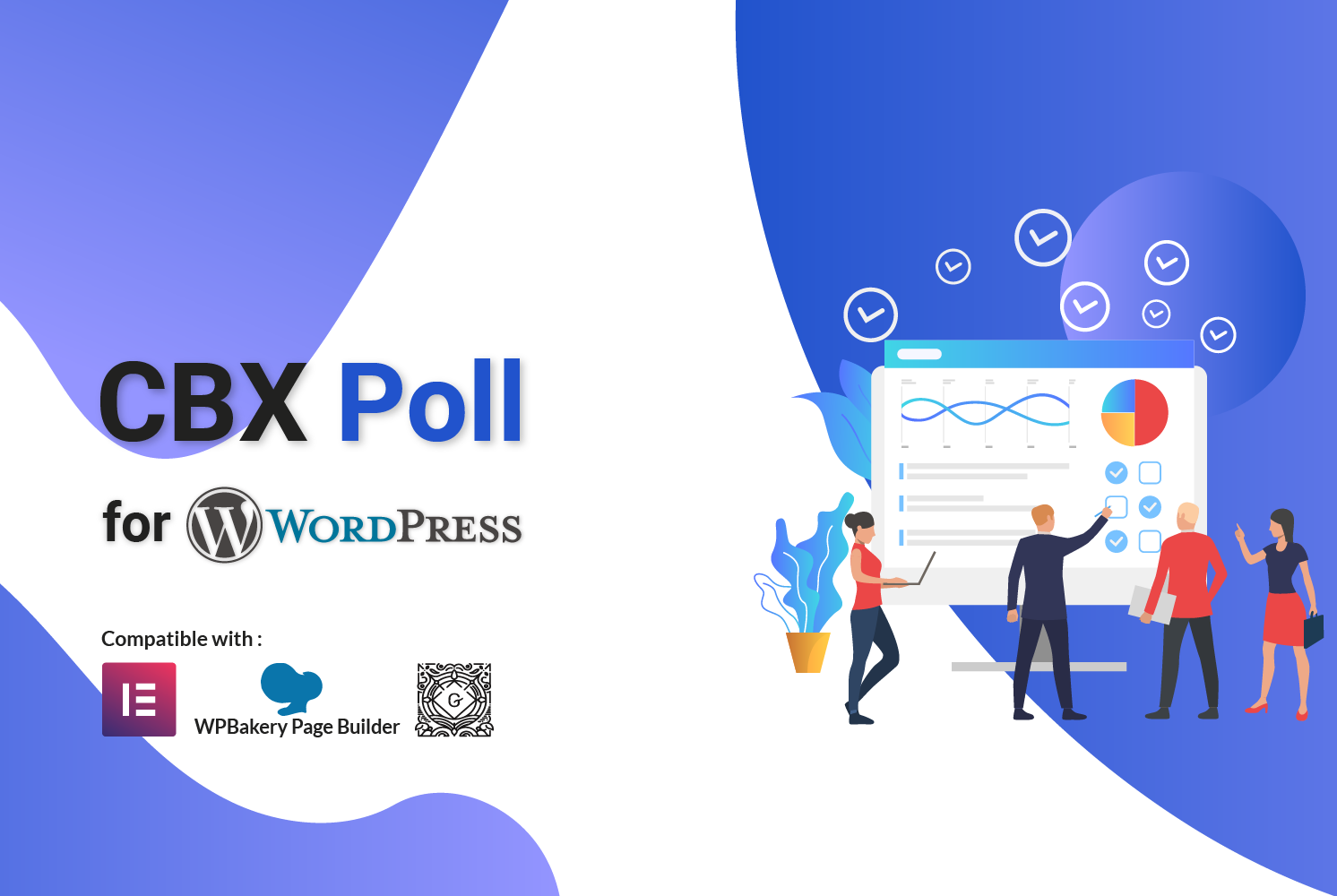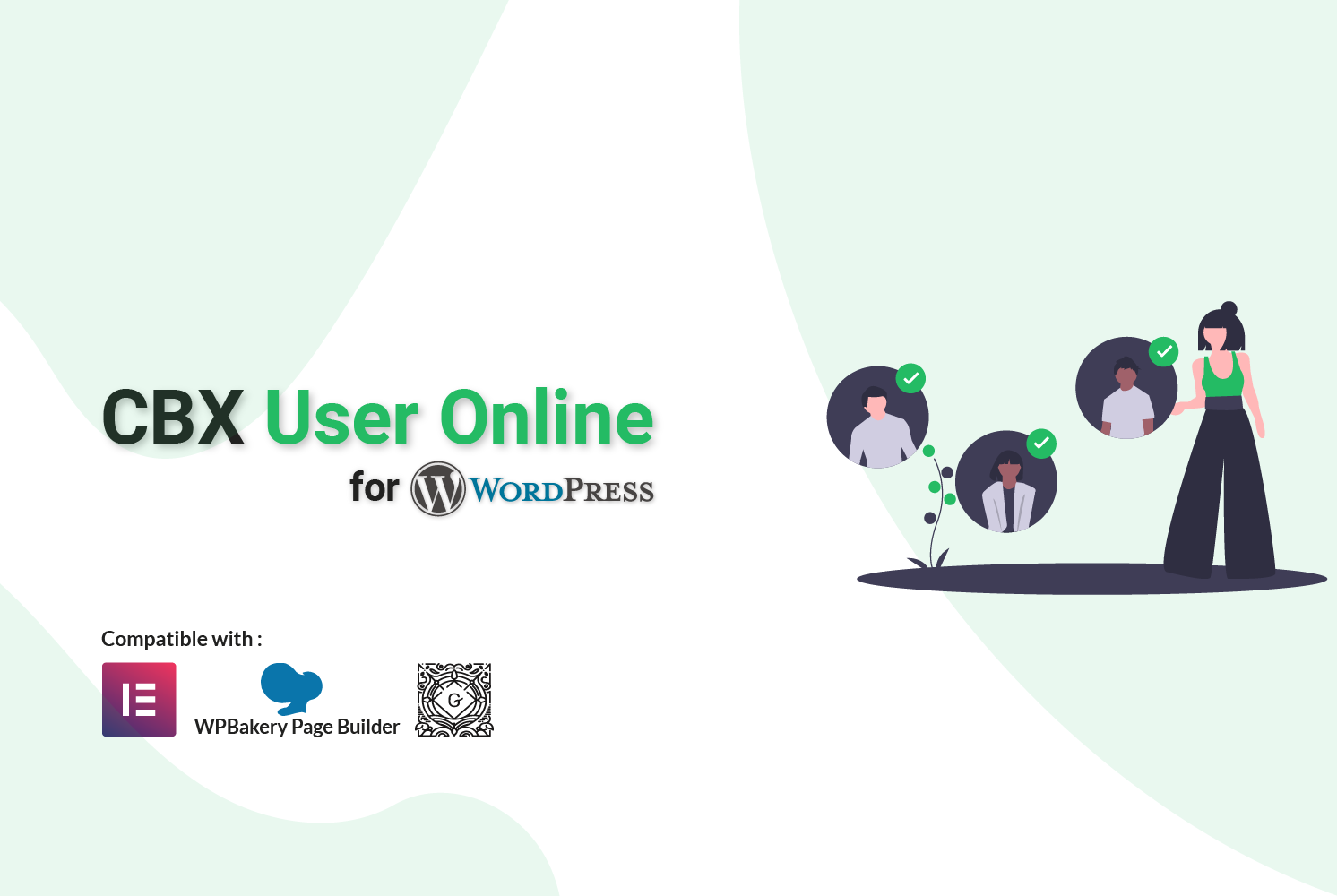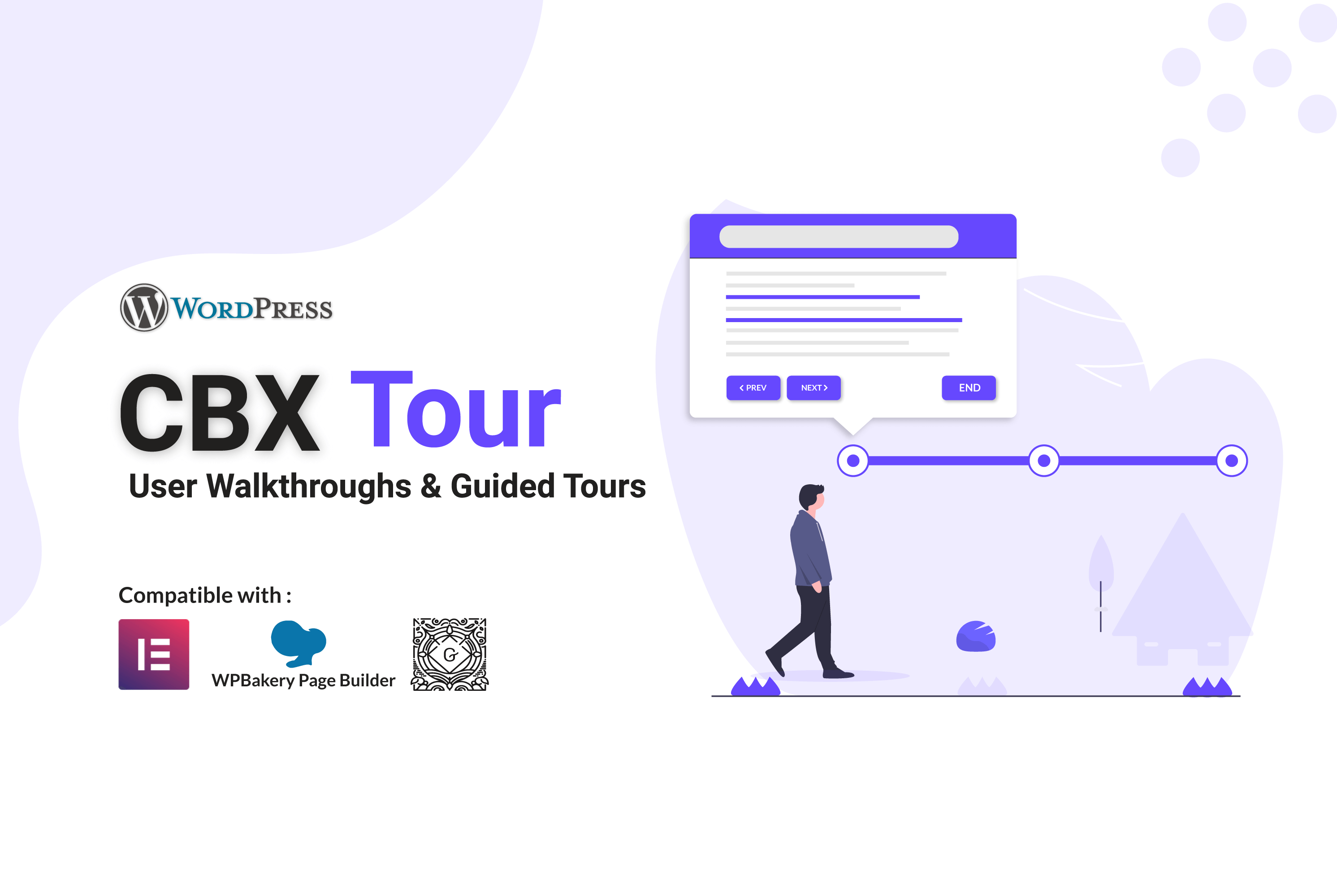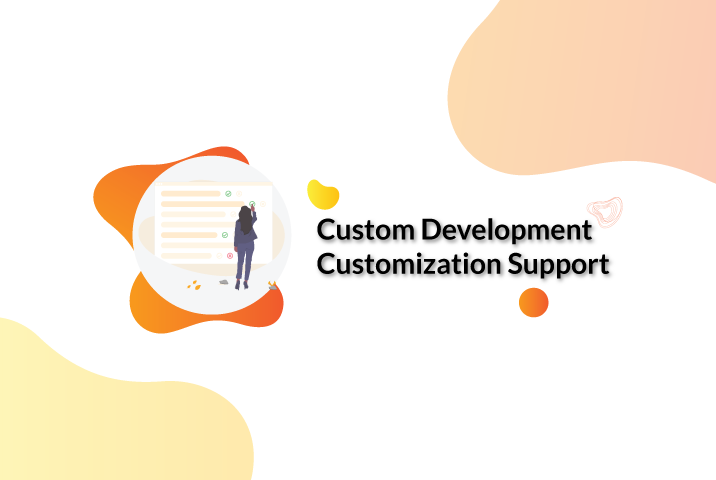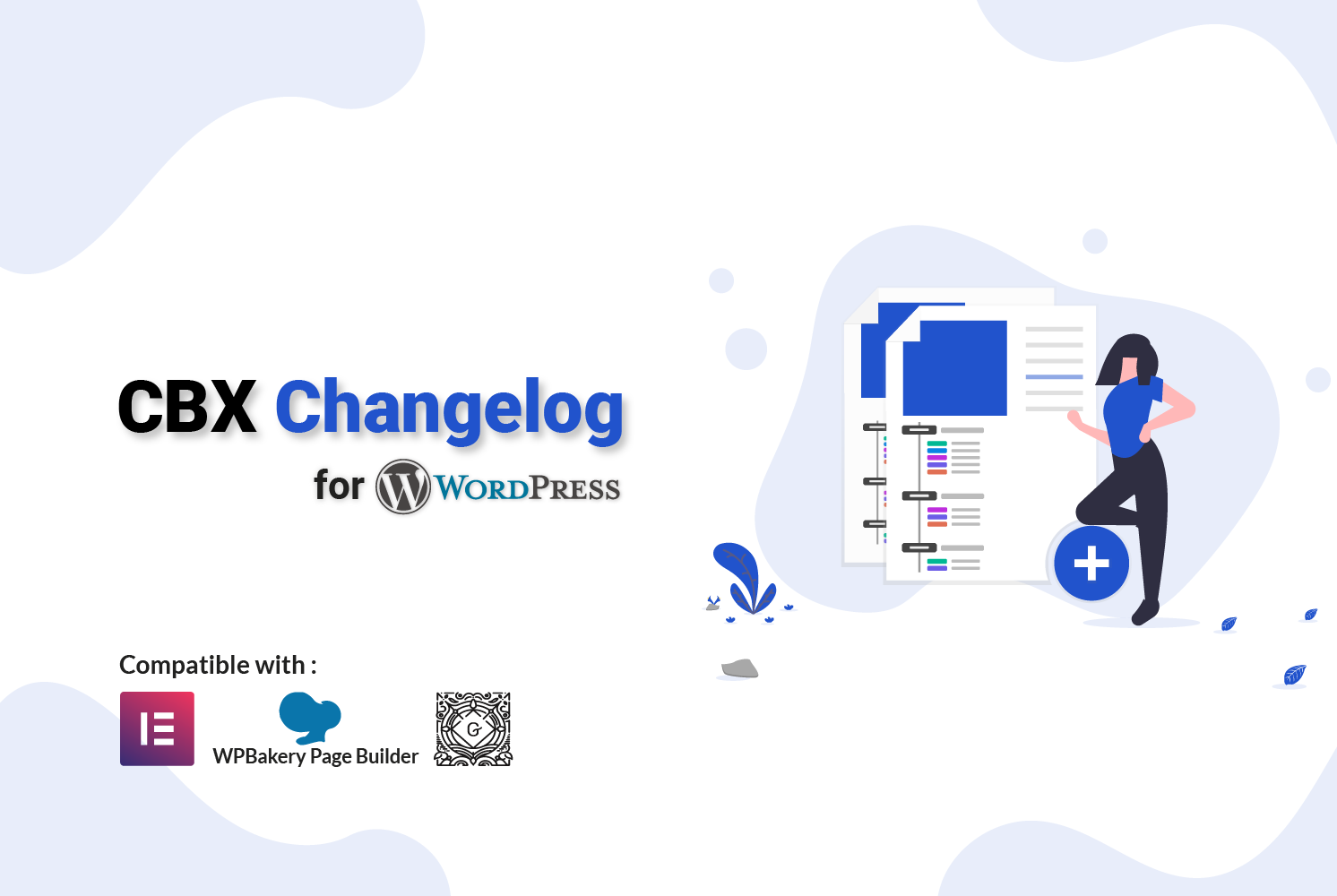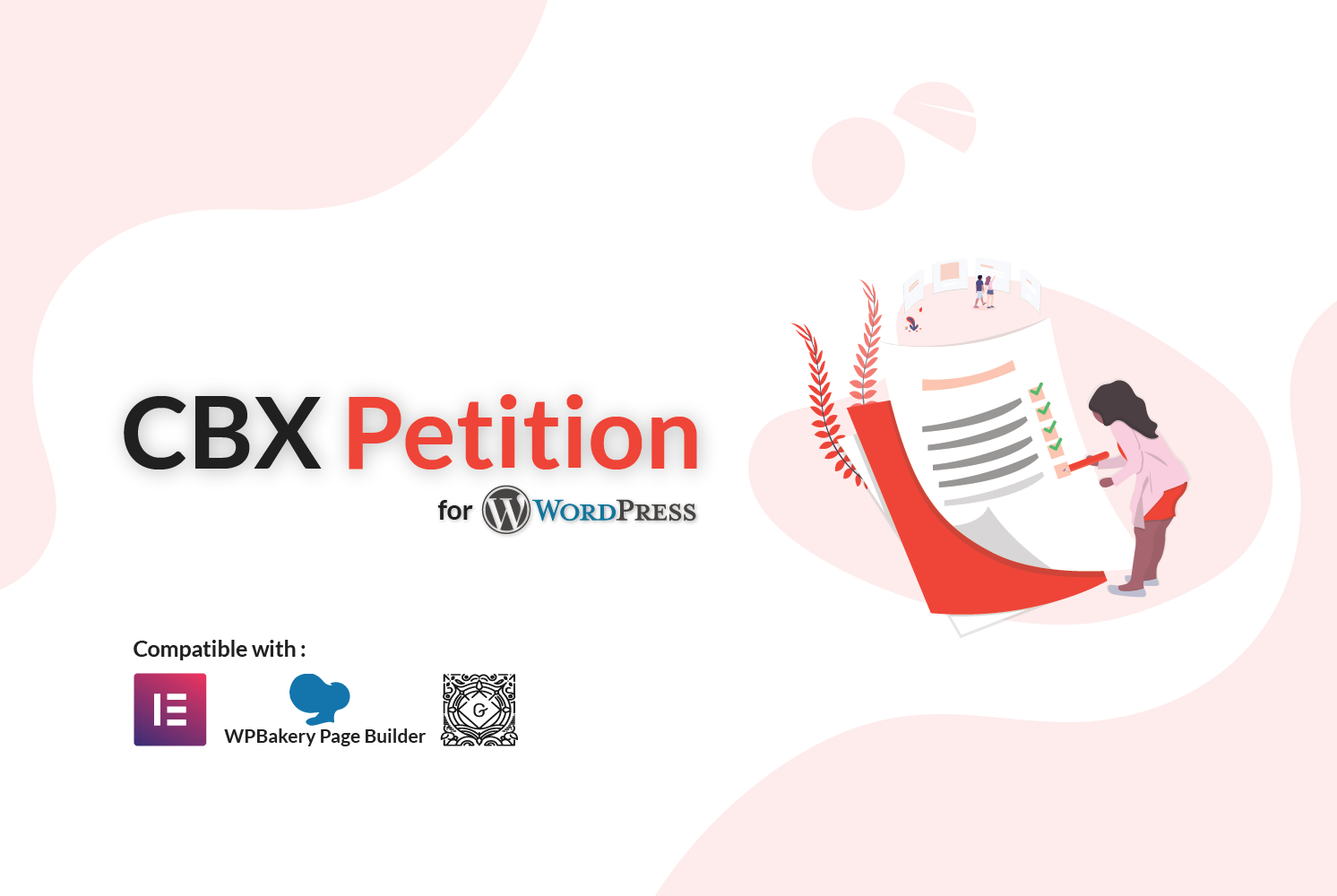Is single page (or one page) website design bad for SEO?
Recently some websites are going for single page or one page design as a new trend. While this works for marketing a single product or service that does not have much content, this may be very damaging from SEO perspective, specially for websites which are meant to have a broad coverage of products, services or contents.
What is a Single Page or One Page Website?
Never heard of it before? A Single Page website (aka One Page website) consists of only a single HTML or dynamically generated page, and navigating to different sections of the site on the same page (which would normally take a user to a new page). All the different sections sits on the same page and from navigation menu it just scrolls down or jump to a particular content’s section.
You may check here some beautiful Single page websites. They can be nice, right?
A Single Page site would be appropriate as the landing page for a PPC / Adwords ad, since these landing pages should have a single-topic focus and be optimized for just that one topic, the subject of your ad.
However, if your website doesn’t fit the above profile, then a Single Page may not be such a good idea, particularly if being found in searches is important to your business. Why? On-page SEO.
On-page SEO factor is why you should avoid Single Page website…
“On-page” SEO is the Search Engine Optimization best practices you apply to the individual pages on your website — descriptive and keyword-rich title and meta tags, header tags, linking to other pages on your site using keyword-rich anchor text, and having your content organized in a strong semantic and informational hierarchy.
For On-page SEO its best practice to limit each page to a single topic so that it can be optimized with perfect title, meta tags, description as well as content.
Imagine if you have a single website where you are offering 3 or 4 services, that means your content will have different headlines – which immediately confuses the search engine when it scans your page. You have a title but your content and heading tags may not reflect that. Title tag and meta description tag being the most important tags and being displayed in Search Engine Ranking Page, if you can not optimize your content accordingly, you are scoring low in SEO.
You get only 60-63 characters for the title tag content and 155 characters for the meta “description” tag, so if you want your site optimized for more than one topic, you simply won’t have the room to leverage these most important on-page SEO elements.
A Single Page Website Means Only One Page in Google’s or Bing’s Index
Search engines will index all the pages of your website, providing multiple opportunities for your site to come up in searches. When your site consists of only one page, a single page is exactly what you’ll have indexed. That means if you have many services, many products, single page design will really compromise your rank and result in search engine.
I do have an One Page site and my requirements is just that, how do I optimize it for SEO?
Having one page or single page doesnt mean that you can not at all optimize your SEO. Of course you can and you should when you are certain that you are good with one page website design.
Whats Google’s thoughts on Single Page?
Google says it will give same priority of single page and multi page sites if other factors are all same: check this video below-
[youtube https://www.youtube.com/watch?v=Mibrj2bOFCU]
Here are some tips to optimize your one page site:
a) Begin with Keywords and make sure they are visible on your page
Make sure your keywords and key phrases are well on target and reflect your business, work, product. Now after finding the right keywords place them in title tag, meta tag and page content. Spread them well and dont stuff them.
b) Incoming Links
If you could get your friends who are in the same industry to link your site, that would be great. Ask your business partners and do post about your business and company in websites where they accept submission. Make sure that these places are quality sites, relevant and not spammy.
Social Media is a big place now a days for building links. Tweet your website, tweet individual pages, share links on facebook, on your company’s facebook page, google plus – and they will help your social as well as search engine visibility.
c) Put up fresh content
Writing a regular blog or similar updates on site is good for this. Or at least add some meat to those pages which lack text. Search engine loves content.
d) Use Google Analytics
It is highly recommended to use Web Analytics software such as Google Analytics to monitor your website performance and campaigns. If you have done everything that we recommended from this list, you should be able to track your SEO efforts via your Analytics and tweak your campaigns for goal conversions.
e) Speed up your site
Just as a visitor you dont like waiting for a webpage to load, the same goes for search engine crawlers. If your site is slow to load, some javascript takes long time to execute, chances are engine crawlers will not crawl your site properly. For this reason reason doing a speed audit of you site is important.
Need HELP with SEO?
Do you need with help with SEO? Dont know what you are doing? Want to avoid penalties from Google? Write to us and we will send you a free audit and estimate for SEO service of your site.
# Resources:
* Google Penalties

